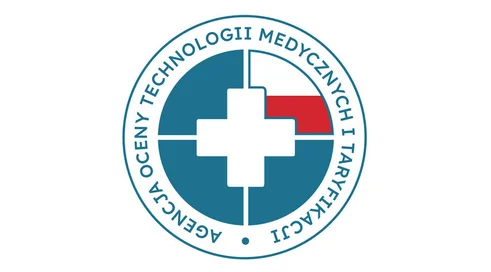The draft regulation sets out the conditions for implementing a pilot program on dietary counseling and improving the quality of nutrition in hospitals called "A good meal in the hospital," hereinafter referred to as the "pilot program."
The goal of the pilot program is:
1) Increase the level of knowledge about food and nutrition that promotes the health of recipients through health care services in the form of nutritional counseling,
2) Implementation of an optimal model of nutrition for healthcare recipients in hospitals.
The introduction of the pilot ...
Content locked
To gain access to the complete English section of the Medexpress.pl, kindly reach out to us at [email protected].



















